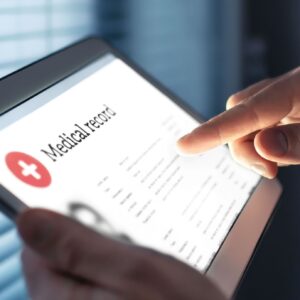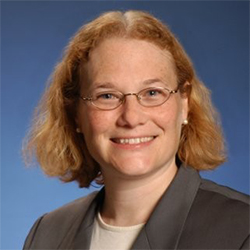A Case Study on Training Initiatives to Support Clinical Researchers with Electronic Medical Records
With numerous information systems being necessary to execute a clinical study, what is the best way to train our research workforce? This case study provides an overview of an electronic medical record training conversion from instructor-led to eLearning for clinical researchers at an academic medical center, and further elaborates on training initiatives after onboarding to support competency.




